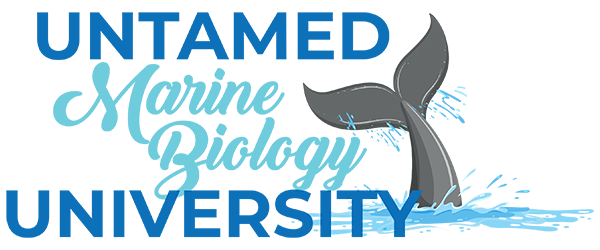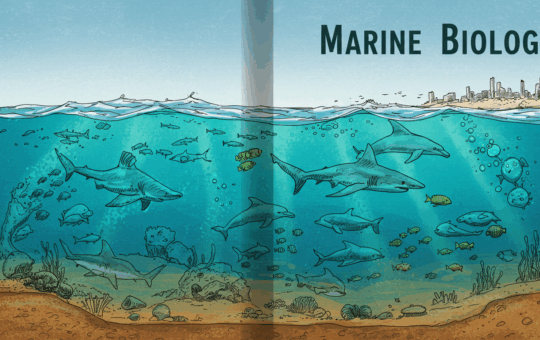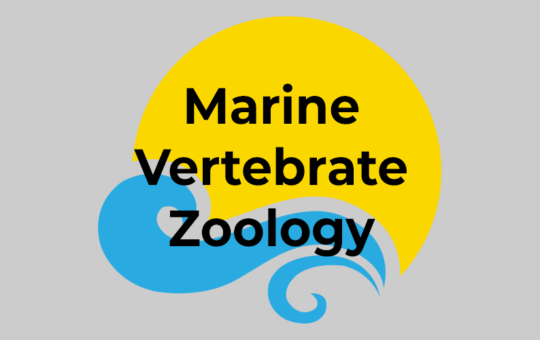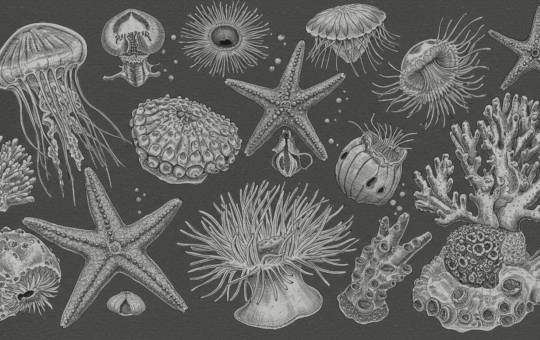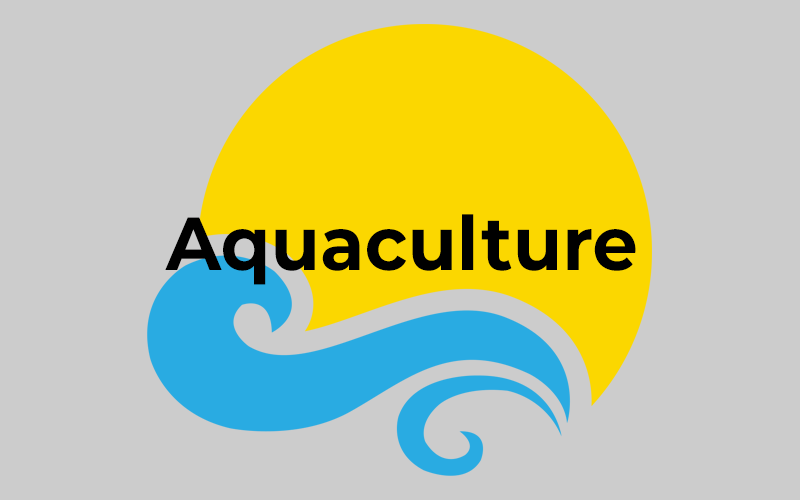
Aquaculture
Aquaculture, the farming of aquatic organisms such as fish, crustaceans, mollusks, and aquatic plants, is a rapidly growing field that plays a crucial role in global food security and economic development. This course provides students with a thorough understanding of the principles and practices of aquaculture, covering the biological, environmental, and technical aspects of farming aquatic species. Students will learn about the different types of aquaculture systems, including extensive, semi-intensive, and intensive systems, as well as open and closed systems. The course emphasizes the importance of sustainable aquaculture practices that minimize environmental impact and ensure the health and productivity of farmed species.
In addition to the technical aspects, the course addresses the economic and social dimensions of aquaculture. Students will explore the market dynamics of aquaculture products, the financial planning and management of aquaculture operations, and the role of policy and regulation in shaping the industry. The course also covers the challenges and opportunities presented by climate change and technological advancements in aquaculture. Through lectures, hands-on practical sessions, and case studies, students will gain the skills and knowledge needed for successful careers in aquaculture, fisheries management, and sustainable food production, while understanding the vital role of aquaculture in meeting the growing demand for seafood.
Curriculum
- 6 Sections
- 20 Lessons
- 1 Quiz
- 0m Duration
Section 1: Introduction to Aquaculture
- Chapter 1: Overview of Aquaculture
- Chapter 2: History and Development of Aquaculture
- Chapter 3: Types of Aquaculture Systems
Section 2: Biology of Cultured Species
- Chapter 4: Finfish Aquaculture
- Chapter 5: Shellfish Aquaculture
- Chapter 6: Crustacean Aquaculture
- Chapter 7: Seaweed and Algae Culture
Section 3: Aquaculture Practices and Techniques
- Chapter 8: Hatchery Management
- Chapter 9: Feeding and Nutrition
- Chapter 10: Health Management in Aquaculture
- Chapter 11: Water Quality Management
Section 4: Sustainable Aquaculture
- Chapter 12: Environmental Impact of Aquaculture
- Chapter 13: Sustainable Aquaculture Practices
- Chapter 14: Certification and Standards
Section 5: Economic and Social Aspects of Aquaculture
- Chapter 15: Economics of Aquaculture
- Chapter 16: Social and Cultural Aspects
- Chapter 17: Policy and Regulation
Section 6: Future Directions in Aquaculture
- Chapter 18: Technological Innovations in Aquaculture
- Chapter 19: Climate Change and Aquaculture
- Chapter 20: Global Collaboration in Aquaculture
- Course 12: Aquaculture - Assessment Test
